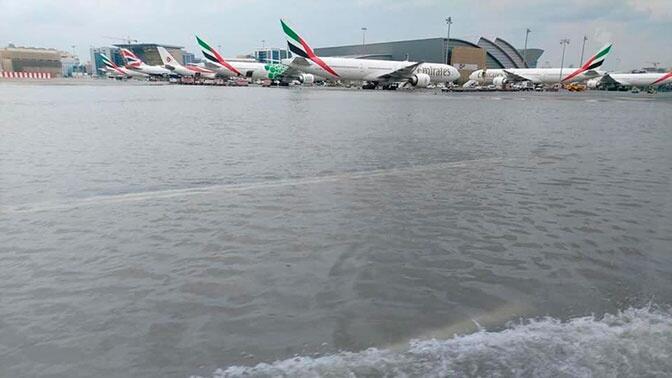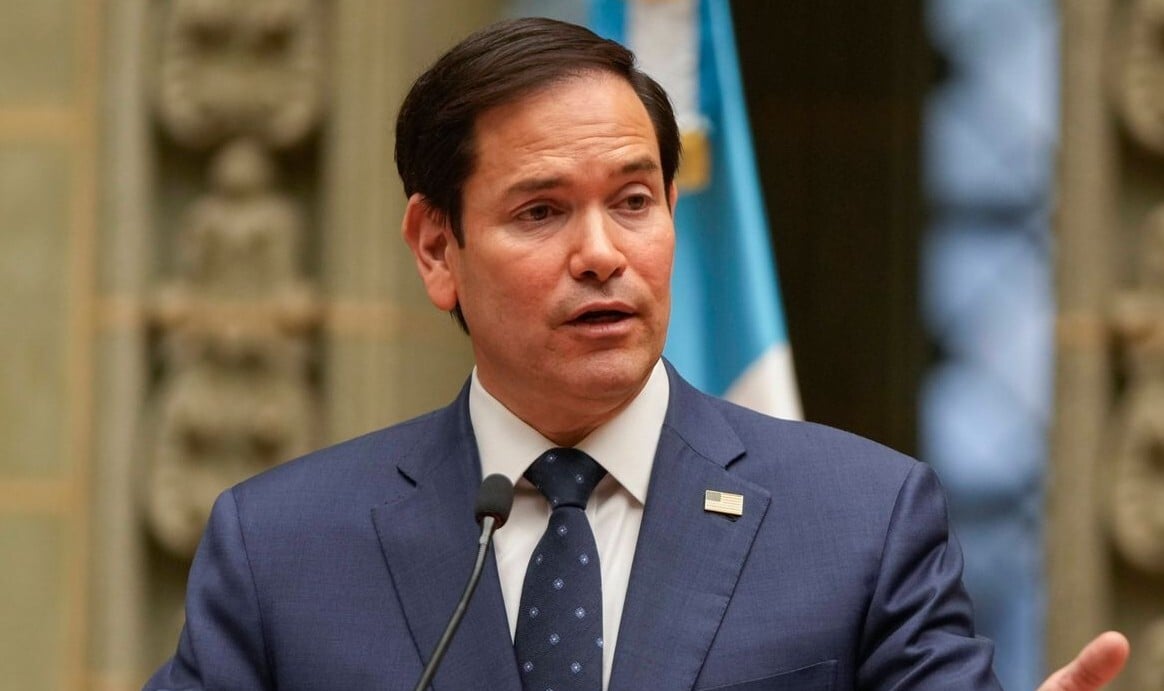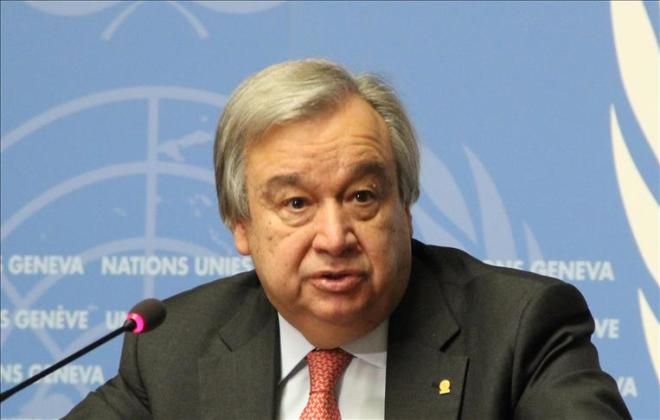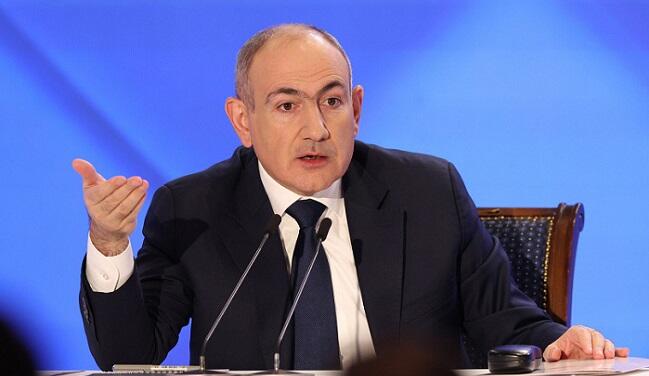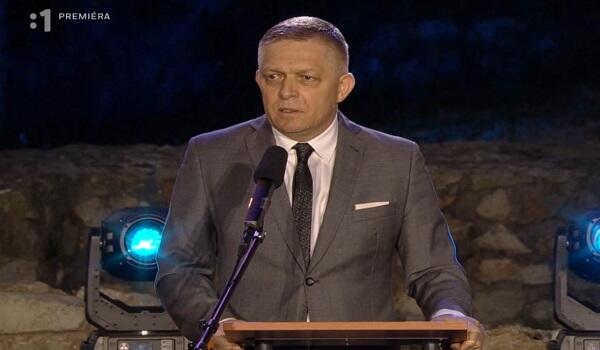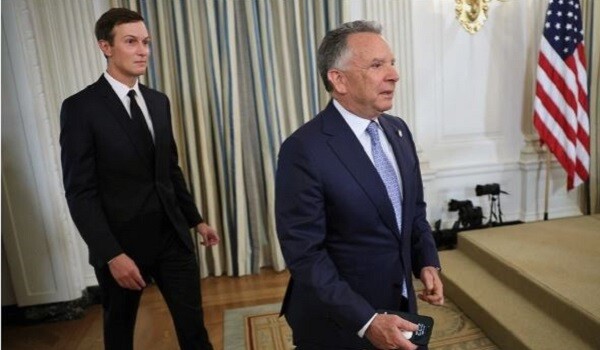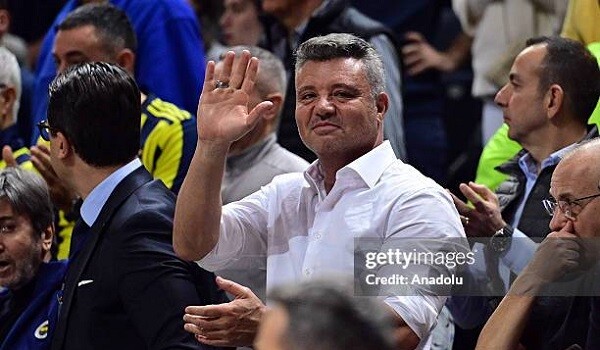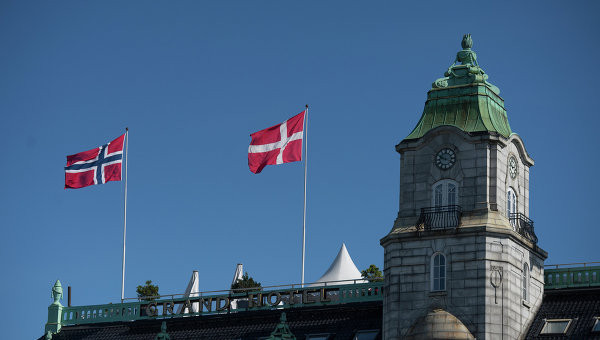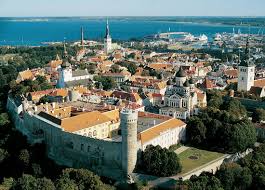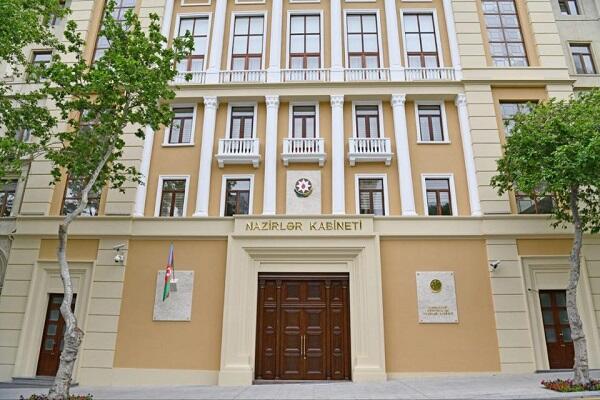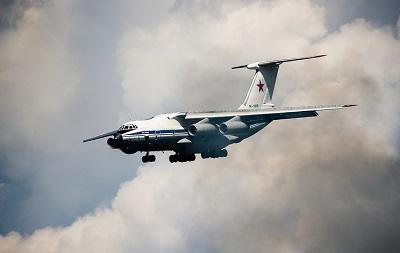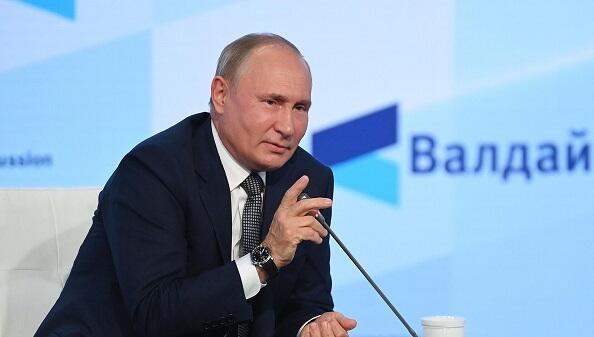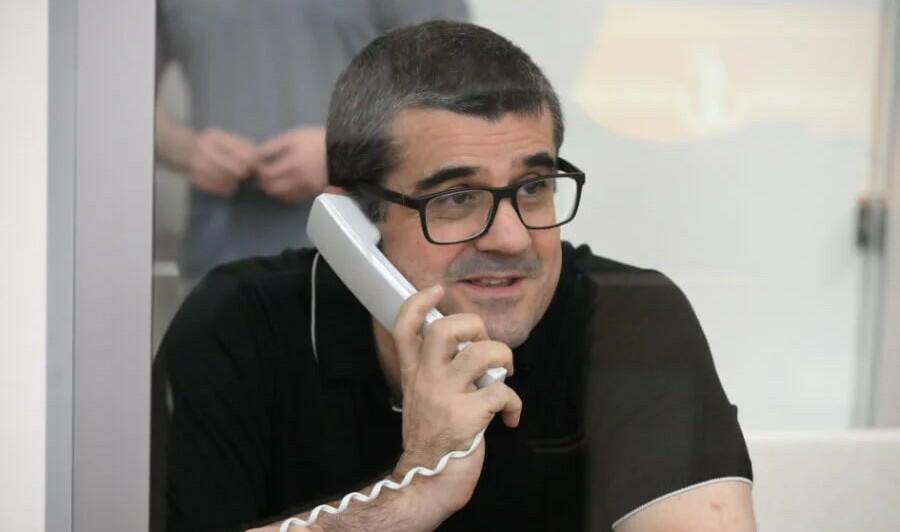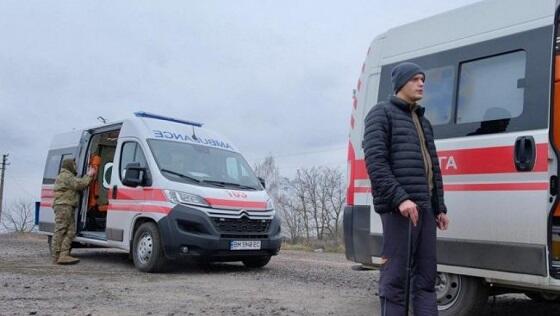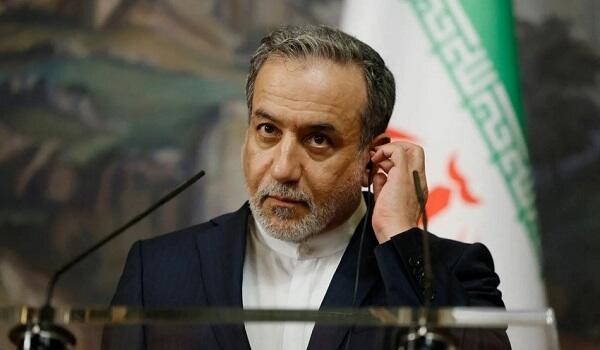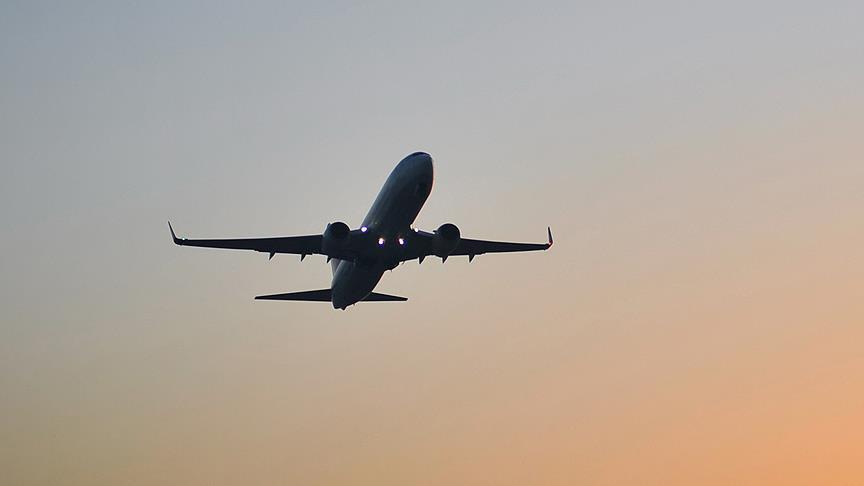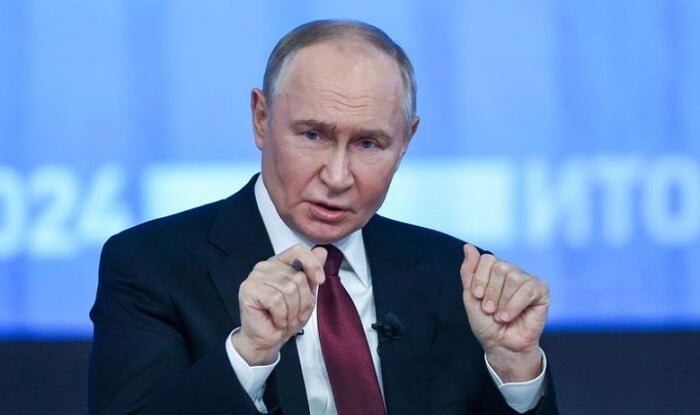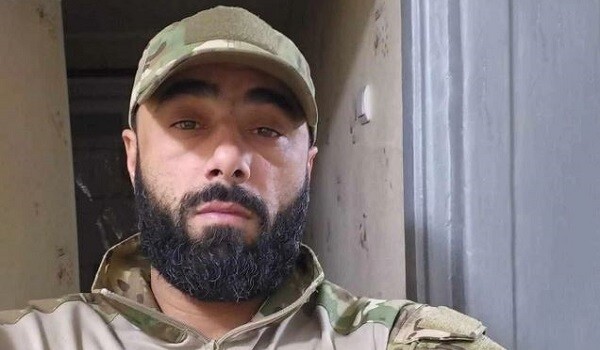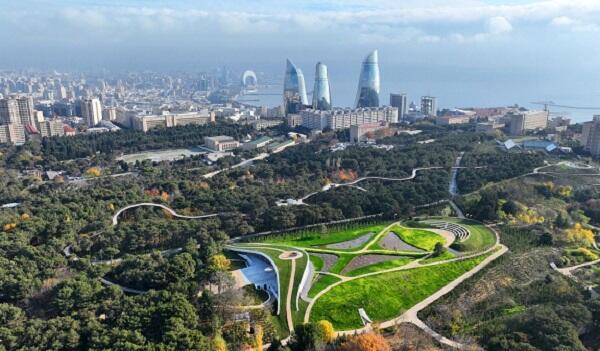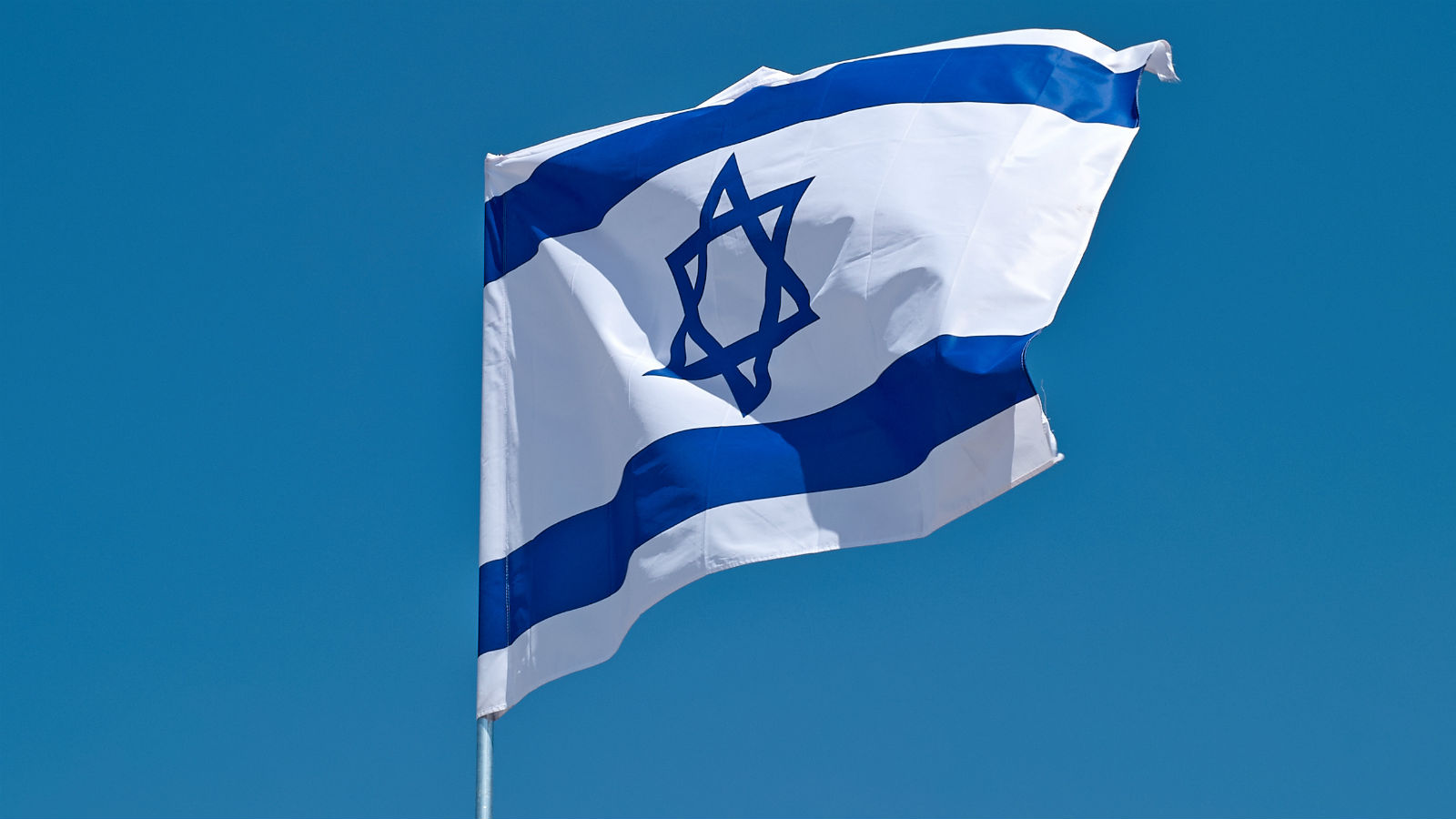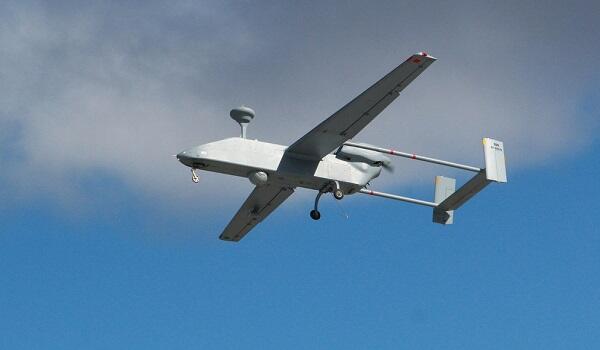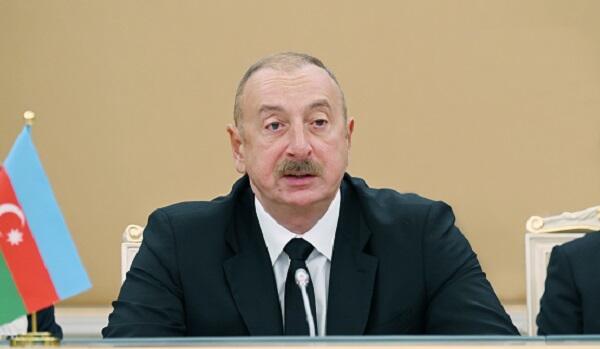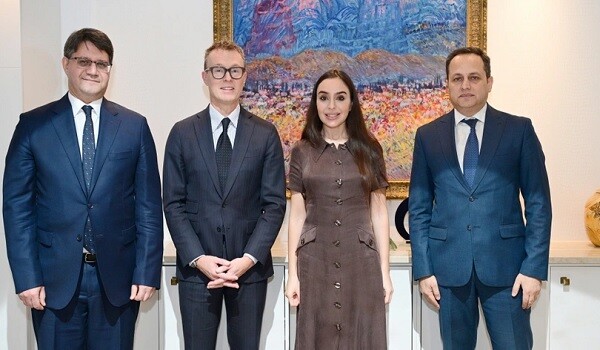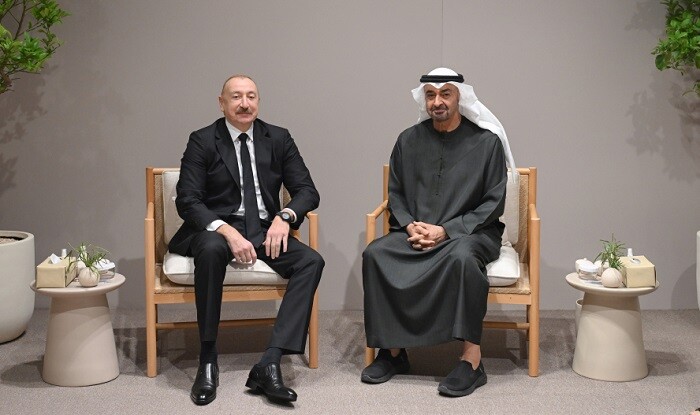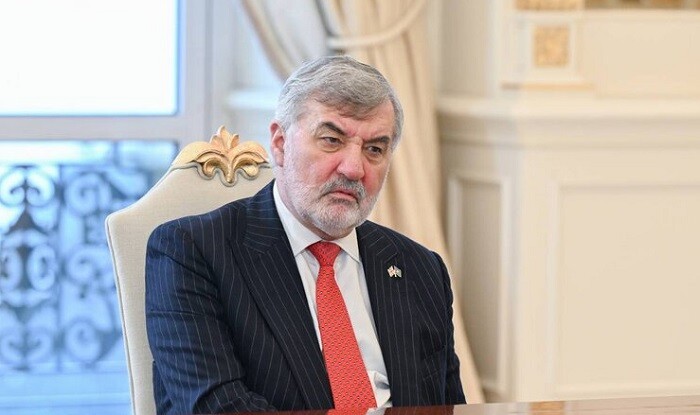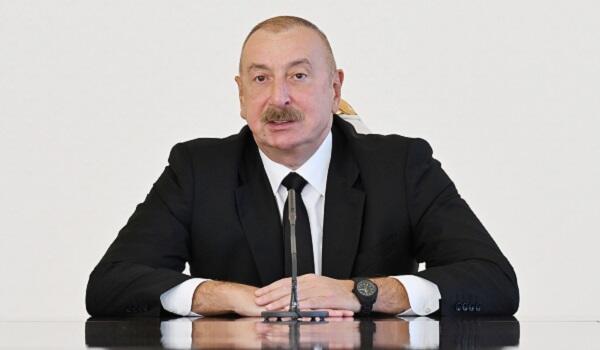Axar.az presents the article "What are the strategic implications of a joint Turkic Army?" by American political Andrew Korybko.
Sputnik reported on 28 July that Turkish Parliament Speaker Mustafa Sentop revealed that his country and Azerbaijan have been holding negotiations on the creation of a joint Turkic Army. He didn't disclose any additional details, but the announcement itself is still very significant. It shows that those two fraternal nations plan to take their vision of “one nation-two states” to the next level. This could have far-reaching strategic implications if it comes to pass.
Firstly, despite not formally being directed against any third party, some in the region might be concerned that they could find themselves targeted by this joint army sometime in the future. This is particularly relevant with respect to Russia's mutual defense ally Armenia, which has terrible ties with Azerbaijan and Turkey. Recent border clashes between Yerevan and Baku show that Prime Minister Pashinyan still isn't serious about fully implementing the Moscow-mediated ceasefire from November.
The timing of Mr. Sentop's announcement about Turkey's and Azerbaijan's interest in forming a joint Turkic Army can be interpreted as a deterrent to Armenia's regional aggression. It might also be intended to catch Russia's attention too in the hopes that it'll do more to encourage its Armenian ally to respect last year's ceasefire. Regarding Russia, it also might have its own concerns about those two countries' plans, particularly with respect to whether Azerbaijani forces might come under NATO-member Turkey's command.
For the time being, there are no reasons for Russia to worry since it's unclear exactly how this proposed military structure would be organized. It's also unlikely that Azerbaijan would sacrifice its sovereignty by placing its entire armed forces under another country's control, even a fraternal state's like Turkey's. More than likely, the Turkic Army might be envisioned to become a joint complement to their military forces, mostly symbolic than substantive. Even so, it would still be significant on a larger strategic level.
Azerbaijan and Turkey participate in the Turkic Council that also includes the Central Asian states of Kazakhstan, Kyrgyzstan, and Uzbekistan, the first two of whom are Russia's mutual defense allies through the CSTO alongside Armenia and Belarus. That Russian-led military alliance doesn't allow the establishment of foreign military bases on its members' soil without the bloc's approval. Nevertheless, they're still free to establish bilateral or multilateral military relations with other countries so long as they don't contradict the CSTO Charter.
This means that Azerbaijan's incorporation into a potentially Turkish-led Turkic Army could serve as a stepping stone towards this structure's potential expansion into Central Asia through the eventual inclusion of CSTO members Kazakhstan, Kyrgyzstan, and Uzbekistan. Although Russia wouldn't have anything too serious to worry about in a practical sense since NATO member Turkey harbors no aggressive intentions towards Moscow nowadays and the Eurasian Great Power's two regional allies are CSTO members, it would still attract attention.
That's because one of the top trends in the post-Soviet space has been the gradual transition from Russia's de facto model of “monopolization” to one of “accommodation”. To explain, some observers have noticed that Russia tends to comprehensively dominate its partners' affairs, which it might not even consciously intend to do but nonetheless still does anyhow due to historical inertia, its strategic culture, and perceived national security interests. Lately, however, the Russian model has begun to evolve into a more pragmatic one.
This has seen Russia acknowledge Chinese inroads into Central Asia in parallel with Turkish ones into the South Caucasus. Moscow might have preferred to retain its unofficial “monopolization” models there but was compelled by trends largely beyond its control to flexibly adapt to changing circumstances. In light of this observation, it's likely that Russia would closely monitor any potential expansion of a Turkish-led Turkic Army into Central Asia but would ultimately not obstruct it so long as it remained mostly symbolic.
Russia would probably only act in the unlikely event that it felt that Turkey had hostile intentions, such as if Ankara tried to entice Moscow's Central Asian CSTO allies into weakening their relationship with the bloc and redirecting their strategic focus towards the Turkic Army instead. With this in mind, it's advisable that Turkey avoids any actions that could even inadvertently provoke a security dilemma with Russia. In other words, the Turkic Army must remain symbolic if it expands to Central Asia.
Altogether, the plans for a Turkic Army sound promising, especially in the symbolic sense, but its potential members should take care not to arouse Russia's strategic suspicions by signaling any sort of intent to challenge its traditional military leadership in Central Asia. It's natural that Turkey would seek to expand its growing influence as a Great Power by leading a new multilateral military structure, but with great influence comes great responsibility, and it's incumbent on Ankara to remember this with respect to Moscow.
